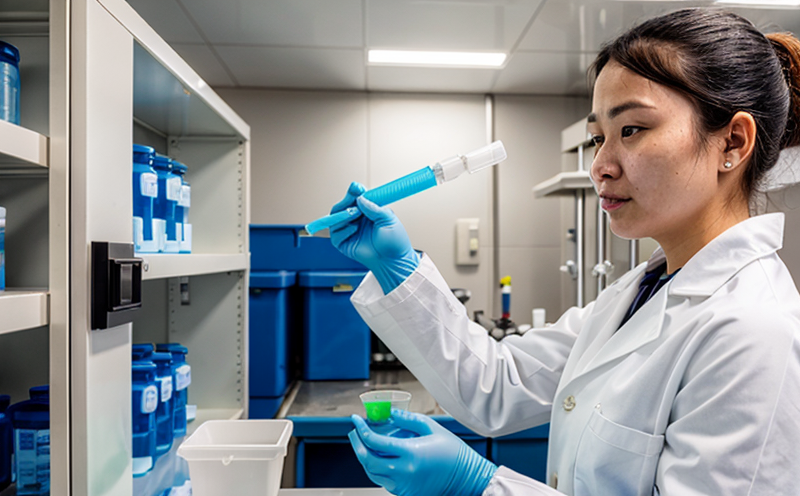USP Media Growth Suitability Testing
The USP Media Growth Suitability Test is a critical procedure in pharmaceutical testing that ensures the suitability of media used for microbial growth. This test evaluates whether the selected growth medium supports the growth and differentiation of microorganisms as specified by United States Pharmacopeia (USP) standards. It is performed to ensure that the medium consistently meets the requirements laid out in USP Monographs for microbiological testing.
The test involves inoculating a known quantity of microorganisms into the growth medium and incubating it under controlled conditions. The suitability is determined by observing the growth characteristics, such as color changes, turbidity levels, and colony formation patterns. This ensures that the medium can accurately support the growth of microorganisms required for quality assurance.
This service plays a pivotal role in ensuring product consistency and reliability, which are paramount in pharmaceutical manufacturing. The USP Media Growth Suitability Test is essential for maintaining compliance with regulatory standards set by the FDA and other international bodies such as ISO ISO 14971 on biocompatibility.
| Application Area | Description |
|---|---|
| Pharmaceutical Manufacturing | The test is used to ensure that the growth media consistently supports the growth of microorganisms required for the production of sterile drugs and biologics. |
| Biotechnology Research | This ensures that the media supports the growth characteristics needed for developing new biotechnological processes and products. |
| Quality Assurance Programs | The test is used to validate the suitability of media batches, ensuring batch-to-batch consistency in microbiological testing. |
Applied Standards
In performing USP Media Growth Suitability Testing, the laboratory adheres to strict protocols outlined by USP Monograph. This includes the use of appropriate inoculum sources and controlled incubation conditions. The test ensures that the medium can support the growth characteristics as specified in the USP monographs, which are designed to ensure the safety and efficacy of pharmaceutical products.
The acceptance criteria for this testing include observing specific growth patterns such as color change, turbidity increase, and colony formation within a defined time frame. These criteria are based on the expected behavior of microorganisms in a suitable medium. Failure to meet these criteria may indicate batch variability or potential issues with the media quality.
The laboratory also uses validated methods for inoculum preparation and incubation conditions to ensure accurate results. The use of standardized protocols ensures that the testing process is reproducible, which is essential for compliance and consistency in pharmaceutical manufacturing.
Industry Applications
- Pharmaceutical Manufacturing: Ensuring consistent batch-to-batch quality of media used in the production of sterile drugs.
- Biotechnology Research: Supporting the development and validation of new biotechnological processes and products.
- Quality Assurance Programs: Validating the suitability of media batches to ensure compliance with regulatory standards.
Competitive Advantage and Market Impact
The USP Media Growth Suitability Test provides a significant competitive advantage by ensuring that pharmaceutical products are consistently produced under the highest quality standards. By adhering to USP guidelines, manufacturers can demonstrate compliance with international regulatory requirements, thereby enhancing their reputation in the global market.
This service also supports innovation and development within biotechnology research, allowing for the creation of new processes that meet stringent regulatory criteria. The ability to consistently produce high-quality media is crucial for maintaining trust among healthcare providers and consumers, which translates directly into market share and profitability.
The impact on the market is substantial as it ensures that pharmaceutical products are safe and effective, leading to increased customer satisfaction and reduced risk of product recalls or regulatory actions. This service is an essential component of a robust quality assurance program, contributing to long-term success in the pharmaceutical industry.





